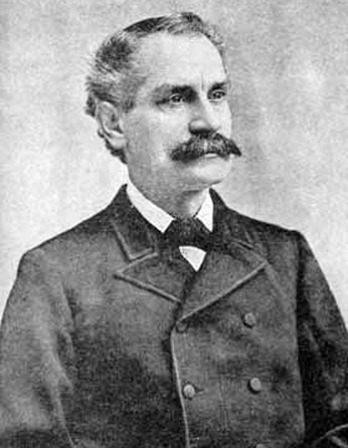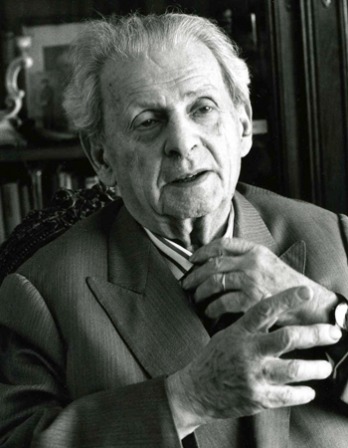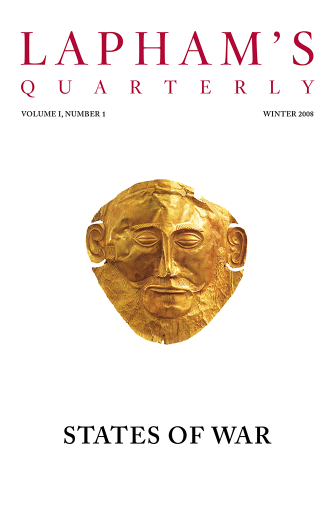In India lives a bird that is unique:
The lovely phoenix has a long, hard beak
Pierced with a hundred holes, just like a flute—
It has no mate, its reign is absolute.
Each opening has a different sound; each sound
Means something secret, subtle, and profound—
And as these shrill, lamenting notes are heard,
A silence falls on every listening bird;
Even the fish grow still. It was from this
Sad chant a sage learned music’s artifice.
The phoenix’s life endures a thousand years
And, long before, he knows when death appears;
When death’s sharp pangs assail his tiring heart,
And all signs tell him he must now depart,
He builds a pyre from logs and massy trees
And from its center sings sad threnodies—
Each plaintive note trills out, from each pierced hole
Comes evidence of his untarnished soul—
Now like a mourner’s ululating cries,
Now with an inward care the cadence dies—
And as he sings of death, death’s bitter grief
Thrills through him and he trembles like a leaf.
Then drawn to him by his heart-piercing calls
The birds approach, and savage animals—
They watch, and watching grieve; each in his mind
Determines he will leave the world behind.
Some weep in sympathy and some grow faint;
Some die to hear his passionate complaint.
So death draws near, and as the phoenix sings
He fans the air with his tremendous wings,
A flame darts out and licks across the pyre—
Now wood and phoenix are a raging fire,
Which slowly sinks from that first livid flash
To soft, collapsing charcoal, then to ash:
The pyre’s consumed—and from the ashy bed
A little phoenix pushes up its head.
What other creature can—throughout the earth—
After death takes him, to himself give birth?
If you were given all the phoenix’s years,
Still you would have to die when death appears.
For years he sings in solitary pain
And must companionless, unmated, reign;
No children cheer his age and at his death
His ash is scattered by the wind’s cold breath.
Now understand that none, however sly,
Can slip past death’s sharp claws—we all must die;
None is immortal in the world’s vast length;
This wonder shows no creature has the strength
To keep death’s ruthless vehemence in check—
But we must soften his imperious neck;
Though many tasks will fall to us, this task
Remains the hardest that the Way will ask.
© 1984 Afkham Darbandi and Dick Davis. Used with permission of Penguin Books Ltd.
From The Conference of the Birds. Less well-known than either Rumi or Hafez, Attar composed, among other extant works, this rhymed-couplet allegorical poem about birds searching for Simorgh, their king, and a prose hagiography of the early Sufi masters, Memorial of the Saints. Although few details about his life exist, he is thought to have been an apothecary—the name “Attar” means perfumer or druggist—and he states that while working on two books, he was physician to five hundred patients daily.
Back to Issue





